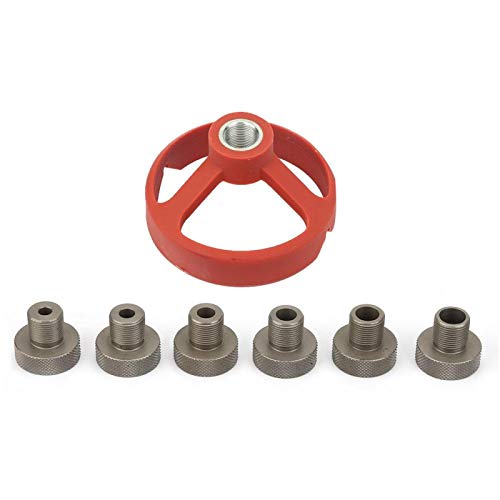unavidanueva
Well-Known Member
- Joined
- Jun 1, 2015
- Messages
- 78
Some posts on one of the fb DS sites have me wondering.
My surgery is coming up next month at the University of Chicago hospital. I've done a lot of reading over the past few months, and right from the start, I was looking at established bariatric programs in large teaching hospitals. I want to be someplace where they have the resources to handle all of my comorbidities and anything else that might go wrong during or after the surgery.
From all I have read, and all that is required at U of C, there were things I assumed were just common sense, standard, best-practice policies. I thought that everyone must do these things. But from the responses I've seen on fb, I've been startled to find DS post-ops who (for instance) were not required to have a pap or mammo as part of pre-op testing, or who were not sent home on blood thinners to prevent DVTs.
Who in their right mind operates on obese, MO, and SMO people and does not take precautions against DVTs and pulmonary embolisms??? Startled was not the right word; I am shocked. And I wonder, is this just the tip of the iceberg? Are these examples of a lack in precaution that might explain why some (doctors'?) patients seem to have so very many problems, and others do just fine after the surgery?
You all have much more experience with this than I do. What are your opinions?
My surgery is coming up next month at the University of Chicago hospital. I've done a lot of reading over the past few months, and right from the start, I was looking at established bariatric programs in large teaching hospitals. I want to be someplace where they have the resources to handle all of my comorbidities and anything else that might go wrong during or after the surgery.
From all I have read, and all that is required at U of C, there were things I assumed were just common sense, standard, best-practice policies. I thought that everyone must do these things. But from the responses I've seen on fb, I've been startled to find DS post-ops who (for instance) were not required to have a pap or mammo as part of pre-op testing, or who were not sent home on blood thinners to prevent DVTs.
Who in their right mind operates on obese, MO, and SMO people and does not take precautions against DVTs and pulmonary embolisms??? Startled was not the right word; I am shocked. And I wonder, is this just the tip of the iceberg? Are these examples of a lack in precaution that might explain why some (doctors'?) patients seem to have so very many problems, and others do just fine after the surgery?
You all have much more experience with this than I do. What are your opinions?











































